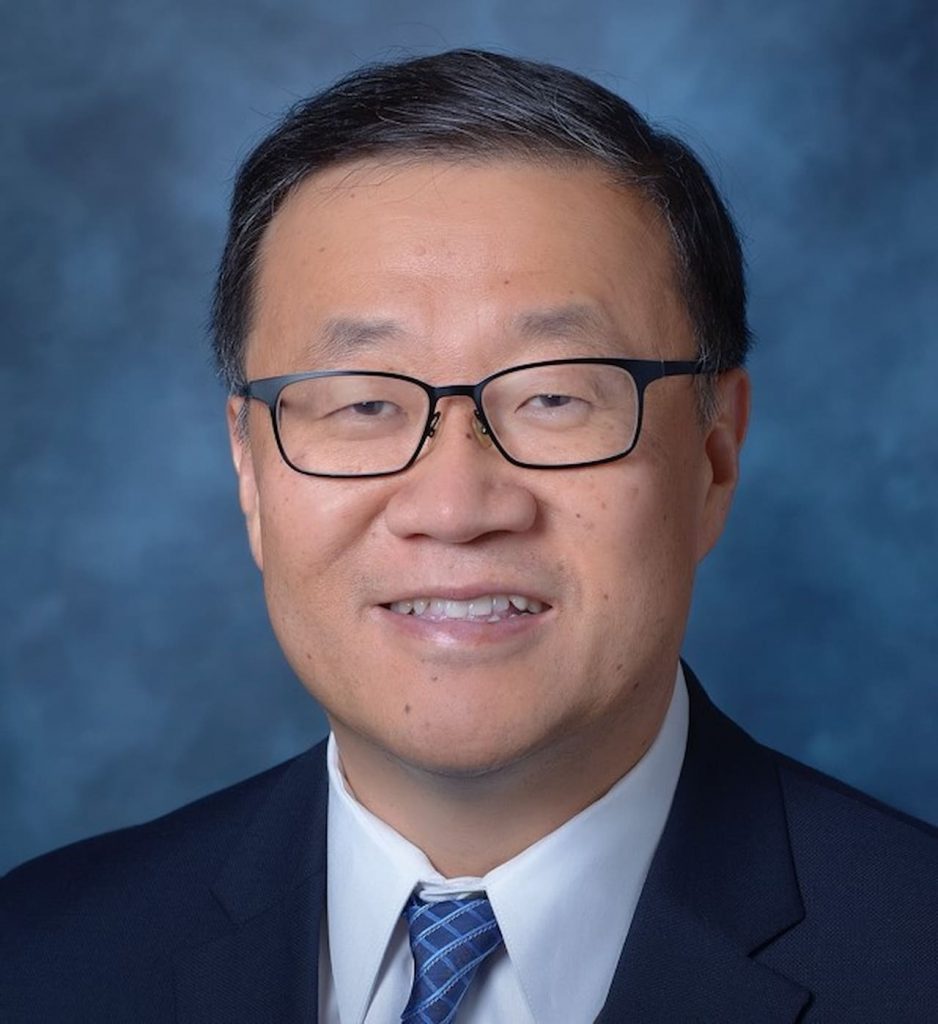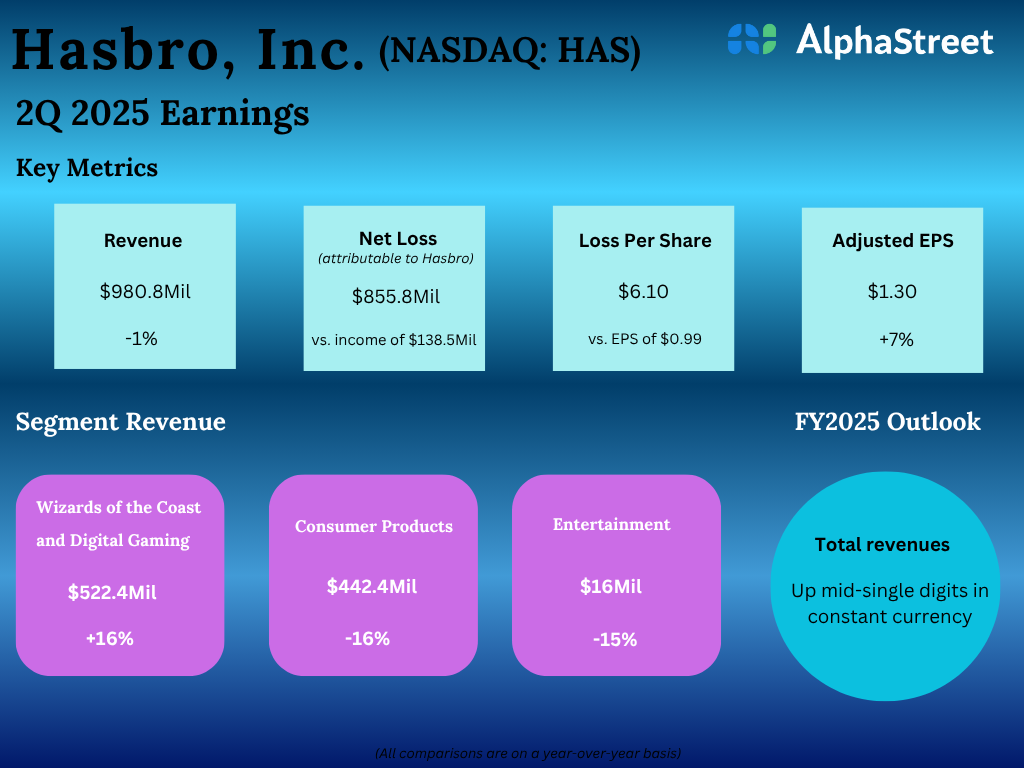Kairos Pharma, Ltd. (NYSE: KAPA) is a biopharma company developing a pipeline of targeted therapies for cancer patients with high unmet medical needs. In an interview with AlphaStreet, Kairo Pharma’s chief executive officer, Dr. John Yu, shared valuable insights into the company’s approach to cancer treatment and the vision driving its work. Dr. John is also a Professor of Neurosurgery and Director of Surgical Neuro-Oncology at Cedars-Sinai Medical Center. He holds a BAS from Stanford and an MD from Harvard Medical School and MIT.
Can you give a brief overview of Kairos Pharma and its operations?

Kairos Pharma is a clinical-stage company developing targeted therapeutics and immunotherapies to combat cancer drug resistance, a fundamental barrier to curing solid tumors. Our goal is to intervene early in the resistance process and re-sensitize cancer cells to therapy, all while supporting the immune system’s ability to detect and destroy malignant cells.
We’re currently advancing a pipeline of therapies designed to inhibit molecular drivers of resistance, such as the protein CD-105, which we’ve identified as a key player in the transition of tumors into treatment-resistant states. Our team includes world-class researchers, clinicians, and drug developers who are committed to turning cancer drug resistance into a manageable and potentially reversible challenge.
Our most recent interim safety and efficacy phase 2 analysis of our lead candidate ENV105 in combination with apalutamide in patients with metastatic castration-resistant prostate cancer found that the drug was well tolerated when combined with standard of care hormone therapy and showcased a median progression-free survival of more than 13 months, three times longer than is typical with that kind of therapy.
By maximizing and elongating the effectiveness timeline of our current therapies, we allow patients and their physicians to continue effective regimens without having to consistently switch therapeutics.
What differentiates ENV105 from other agents targeting treatment-resistant prostate and lung cancers?
Cancer drug resistance is one of the greatest obstacles in oncology. Even when therapy is initially effective, many tumors evolve over time to become unresponsive to it. This can happen through a variety of mechanisms, changes in gene expression, mutations in drug targets, immune evasion, or transformation into more aggressive, stem-like phenotypes.
One of the most important aspects we’ve uncovered is the role of CD-105, a protein that becomes elevated after cancer treatment. Its expression correlates with a shift in the tumor cell population toward cancer stem-like cells, a subset of cells that are more adaptable, resistant to stress, and difficult to eliminate. These cells have enhanced survival mechanisms and are often the culprits behind a cancer’s resistance to the medication that is being used to target it.
Conventional treatment regimens try to stay ahead of resistance by switching drugs or using combination therapies. But these approaches are often reactive, not preventive. Our strategy is to directly disrupt the biological switch that enables resistance, so that treatments remain effective longer, and relapses are fewer and less aggressive.
By not allowing cancers to become resistant to treatments, we’re effectively giving the current standard of care a better chance of succeeding in more patients.
What major challenges has Kairos faced in advancing ENV105 through clinical trials, and how are you addressing them?
Drug development always comes with hurdles, and oncology is particularly complex. From a regulatory standpoint, we need to show that our therapies are safe, well-tolerated, and deliver a meaningful clinical benefit. That means running rigorous trials with clear endpoints, such as progression-free survival, overall survival, or response rate improvements when our drug is added to standard therapy.
As with any clinical development program, one of our primary challenges is to impart understanding of the unique potential of our drug to transform medical care by countering resistance, which is the lynchpin of tumor recurrence and progression. Like many emerging biotech companies, we face limited brand recognition, which can make it harder to connect with companies and investors that “get it.” That said, we are continuously evolving our approach—giving presentations at national clinical meetings, increasing our presence on social media, and proactively engaging with the media—to broaden our reach and engage biotech stakeholders. Further, our affiliation with one of the largest and more renowned hospitals in the country, Cedars-Sinai in Los Angeles, provides additional visibility.
While we are well-aware that there is still much work to be done to get these candidates to the patients that need them the most, we’re encouraged both by the science and the response from our investors to date.
What is Kairos’ strategy for navigating regulatory hurdles as your lead candidates move toward approval?
One specific challenge we face is that drug resistance is often a secondary endpoint in oncology trials. It’s not always as easy to quantify as tumor shrinkage or biomarker changes. That’s why we’re designing our studies to demonstrate that our therapy can delay resistance, extend the durability of response, and ultimately improve outcomes over time.
We’re encouraged by the growing openness of regulators, including the FDA, to innovative mechanisms that address resistance and immune suppression. If we can back our claims with data, we believe there will be a clear path forward.
What is your long-term vision for Kairos’ role in transforming cancer treatment?
We’re building Kairos to be a long-term leader in resistance-reversal therapeutics. What’s clear is that our approach is opening up a new therapeutic category, one focused not on replacing cancer therapies, but on making them work better, longer.
Longer term, we expect to expand into multiple tumor types, explore combination regimens with checkpoint inhibitors and chemotherapy, and pursue strategic partnerships to accelerate development and commercialization. We’re also actively engaging in the investment and biotech community to build the infrastructure needed for late-stage trials and eventual market entry.
Our goal is to position Kairos as a leader in the fight against cancer drug resistance, not just with one drug, but with a new therapeutic category that changes how we think about treatment failure in cancer.
(Disclaimer: The views expressed in this interview are solely those of the interviewee and do not necessarily reflect the views or opinions of AlphaStreet. It is for informational purposes only and does not constitute investment advice, financial guidance, or a recommendation to buy or sell any securities.)
The post Kairos Pharma’s goal is to intervene early in resistance and re-sensitize cancer cells to therapy: CEO first appeared on AlphaStreet.

























